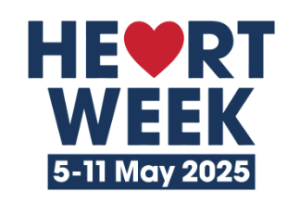 Heart Week
Heart Week
Heart Week is Australia’s national heart health awareness week held in May each year.
While there is no one cause for heart disease, there are risk factors that increase your chance of developing it. The more risk factors you have, the more likely you are to develop heart disease.
Preventing heart disease starts with knowing your risk factors and making positive lifestyle changes to lower your risk. This animation will step you through some positive changes you can make to make your heart healthy.

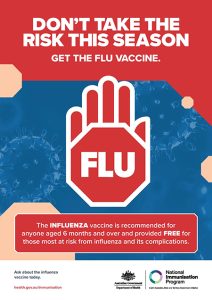 Flu Vaccines Free
Flu Vaccines Free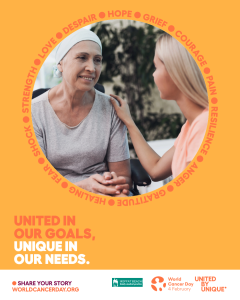

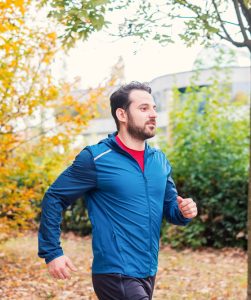

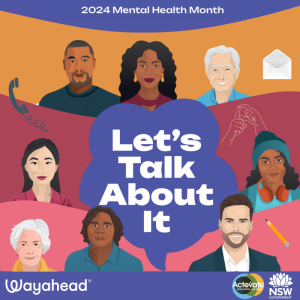 Let’s Talk About It
Let’s Talk About It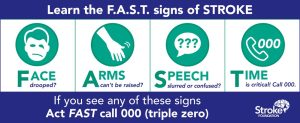 National Stroke Week
National Stroke Week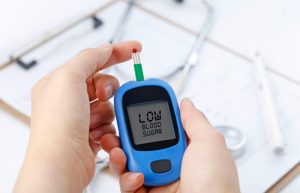 National Diabetes Week
National Diabetes Week Did you know?
Did you know?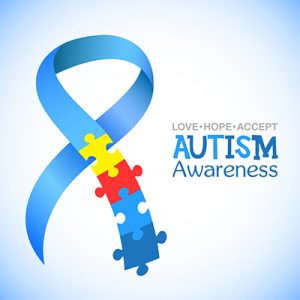 April 2024 is Autism Acceptance Month
April 2024 is Autism Acceptance Month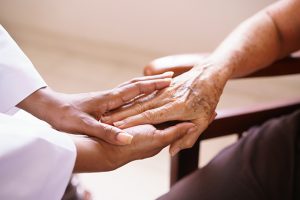
 December is Decembeard – be Bold for Bowel Cancer
December is Decembeard – be Bold for Bowel Cancer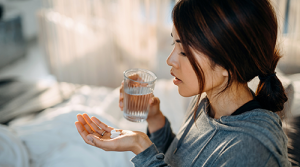

 Mental Health and Wellbeing
Mental Health and Wellbeing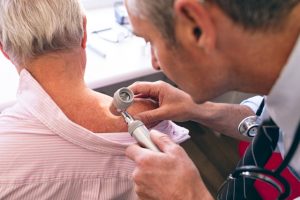
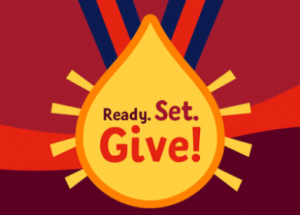 National Blood Donor Week
National Blood Donor Week
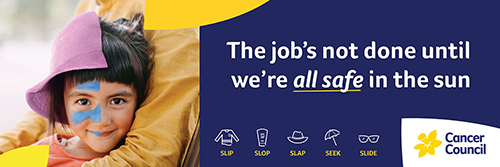 2021 marks the fortieth anniversary of the iconic
2021 marks the fortieth anniversary of the iconic 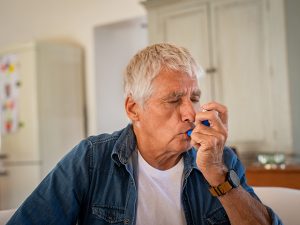
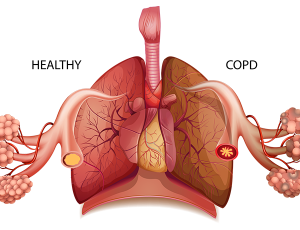 COPD – Chronic Obstructive Pulmonary Disease
COPD – Chronic Obstructive Pulmonary Disease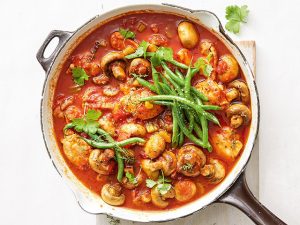 Healthy Hearty Meal for those Cold Nights
Healthy Hearty Meal for those Cold Nights